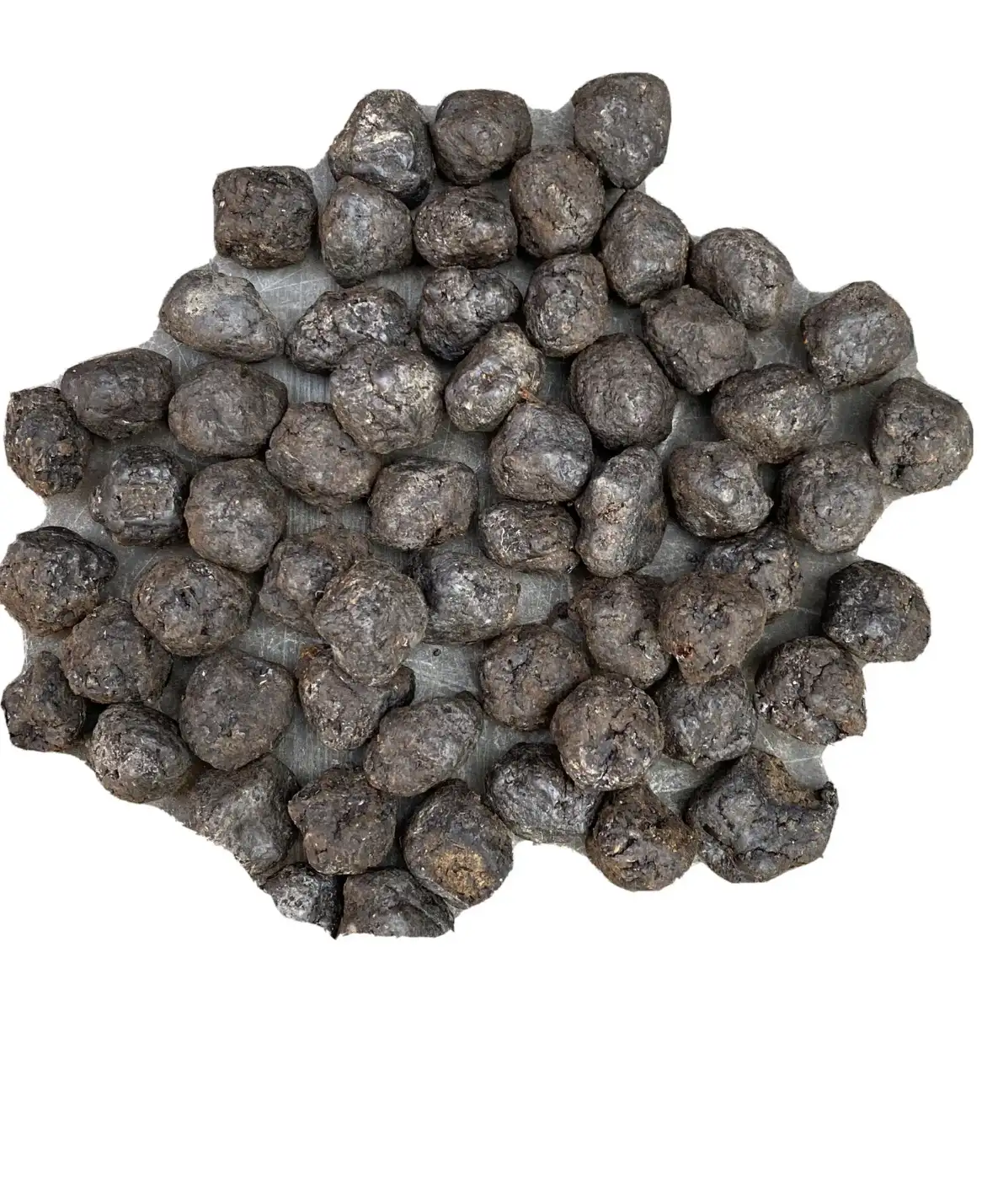

Ogiri Okpeyi
₦11,000.00 Original price was: ₦11,000.00.₦10,000.00Current price is: ₦10,000.00.
Ogiri okpeyi, or onigiri (rice balls), is a traditional Japanese food made from white rice shaped into triangles or cylinders, often wrapped in nori (seaweed). Filled with ingredients like pickled plum, salmon, or tuna mayo, these rice balls are a popular snack or meal option. High in carbohydrates and protein, they provide energy and essential nutrients. Perfect for bento boxes, picnics, and quick snacks, onigiri are versatile and portable. Eat fresh or refrigerate for up to 1-2 days. Enjoy this simple yet delicious dish!
Description
Ogiri okpeyi, also known as omusubi or rice balls, is a traditional Japanese food that is both simple and versatile. Onigiri is made from white rice formed into triangular or cylindrical shapes and often wrapped in nori (seaweed). These rice balls are typically filled with a variety of ingredients, making them a popular snack or meal option in Japan.
Characteristics and Types
- Shape: Commonly triangular or cylindrical, but can also be round or molded into various shapes.
- Texture: The rice is slightly sticky, allowing it to hold its shape. The outer nori adds a contrasting crispness.
- Flavor: Mildly seasoned with salt and often filled with savory ingredients.
Common Fillings and Variations
- Umeboshi: Pickled plum, providing a tangy and salty flavor.
- Salmon: Grilled or salted salmon, offering a rich and savory taste.
- Tuna Mayo: Tuna mixed with mayonnaise, creating a creamy and flavorful filling.
- Konbu: Simmered seaweed with a slightly sweet and umami-rich flavor.
- Okaka: Dried bonito flakes mixed with soy sauce, offering a savory and slightly smoky taste.
- Tarako: Cod roe, adding a salty and slightly spicy flavor.
Nutritional Profile
Ogiri okpeyi is a nutritious and balanced food option:
- Carbohydrates: High in carbohydrates from the rice, providing a good source of energy.
- Protein: Protein content varies depending on the filling, such as fish or meat.
- Fats: Low in fat, with some healthy fats depending on the filling (e.g., tuna mayo).
- Vitamins and Minerals: Contains essential vitamins and minerals, especially when filled with nutrient-rich ingredients like fish or seaweed.
Health Benefits
- Energy Source: High in carbohydrates, making it an excellent source of energy.
- Protein-Rich: Protein-filled variations provide essential amino acids for muscle repair and growth.
- Low Fat: Generally low in fat, making it a healthier snack option.
- Versatile Nutrient Profile: Can be customized to include various nutrients based on fillings and additional ingredients.
- Portable and Convenient: Easy to carry and eat on the go, perfect for busy lifestyles.
Culinary Uses
Onigiri is a versatile food item suitable for various occasions:
- Snacks: Ideal for a quick snack or light meal.
- Lunchbox (Bento): A staple in Japanese bento boxes, providing a balanced meal component.
- Picnics and Outings: Perfect for outdoor activities due to its portable nature.
- Breakfast: A quick and easy breakfast option when paired with other small dishes.
How to Make Ogiri okpeyi
- Preparation: Cook short-grain white rice and let it cool slightly.
- Seasoning: Lightly season the rice with salt.
- Filling: Place a small amount of filling in the center of a handful of rice.
- Shaping: Shape the rice into a triangle, cylinder, or ball around the filling.
- Wrapping: Optionally wrap the shaped rice ball in a strip of nori.
- Serving: Serve immediately or pack in a bento box for later consumption.
Storage and Shelf Life
- Storage: Ogiri okpeyi should be eaten fresh for the best taste and texture. If stored, keep in a cool place or refrigerate.
- Shelf Life: Best consumed on the same day of preparation. Refrigerated onigiri should be eaten within 1-2 days, but the texture of the rice may change.
Culinary Tips
- Rice Texture: Use short-grain or sushi rice for the best stickiness and texture.
- Flavor Balance: Ensure a balance of salty, savory, and sometimes sweet fillings for a well-rounded taste.
- Moisture Management: Keep your hands slightly damp while shaping the rice to prevent sticking.
- Nori Wrapping: Wrap nori around the onigiri just before eating to maintain its crispness.
Additional information
| Weight | N/A |
|---|---|
| Package Size | 100g |

